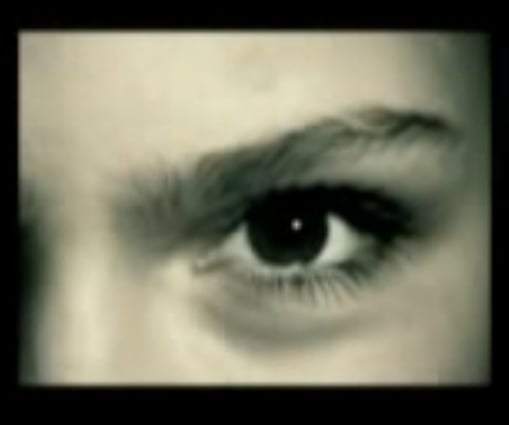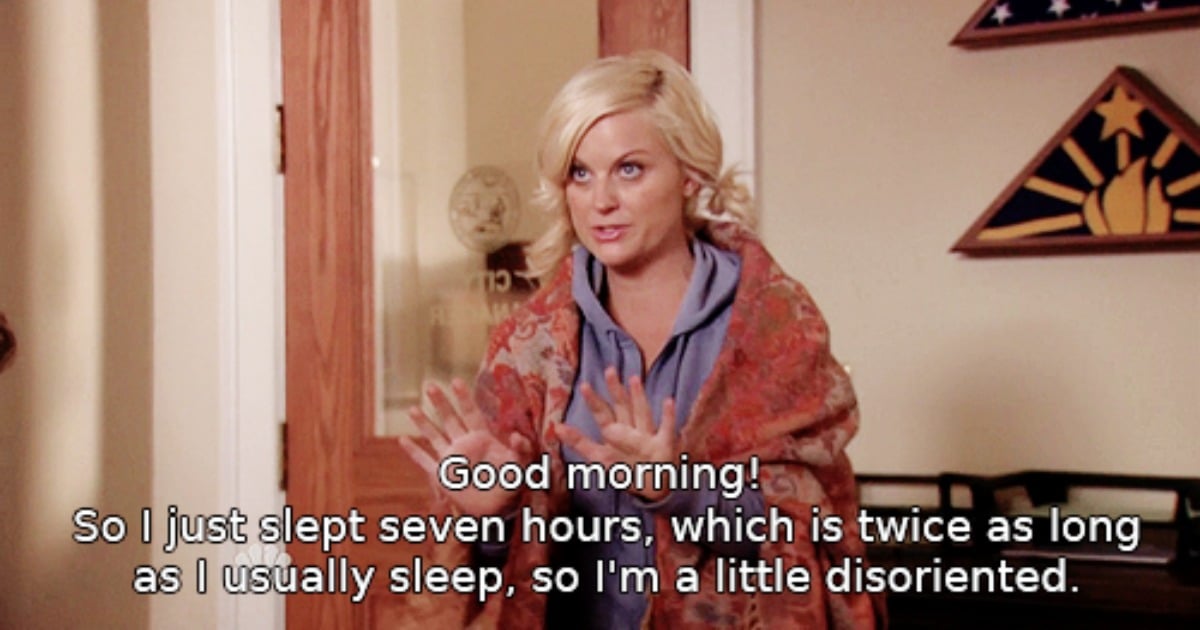
In theory, waking up from a nap should be a wonderful, restorative sensation.
But anyone who’s punched a few too many zzzs on a lazy weekend afternoon knows overdoing it only makes you feel worse.
This is precisely what happened to me last Saturday when I took a nap at four pm without setting an alarm first. I’d had three coffees by this point, so I figured the caffeine wouldn’t let me rest for long.
Ha! Wrong. Three hours later I woke with a start, dazed and confused with the beginnings of a headache. Where am I? What time is it? It’s dark! Did I sleep through the night? Oh shit, did I sleep for a WEEK?
We’ve all been there.
It’s universally agreed that naps are great, but getting it right is a delicate balancing act.
Why long naps feel so terrible
If it’s any consolation, that wretched feeling you get after extended naps is a common and well-documented phenomenon that even has a name.
It’s called sleep inertia, and the result of abruptly awaking from a deep or slow wave sleep (SWS) — something you’re more likely to experience when you nap for periods longer than 30 minutes. As you can guess, the transition from deep sleep to being awake can be tough.
“You might experience feelings of disorientation, grogginess and tiredness, and your cognitive abilities are actually impaired during this time. This can be an issue, particularly for people who are napping at work or who have to drive or make important decisions soon after awakening,” explains Stephanie Centofanti, Research Associate from the University of South Australia’s Centre for Sleep Research.






































































































